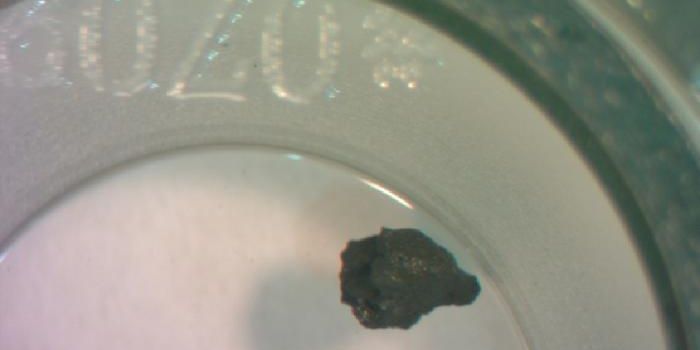Is Europa Our Best Chance at Finding Life in the Solar System?
Our Solar System is vast, and while there are a handful of planets, but there are also numerous Moons and other space rocks here that have yet to be explored in detail.
Europa, a moon of Jupiter, is one of those places, and scientists seem almost certain that it’s one of our best chances of finding life anywhere else in the Solar System besides on Earth.
Image Credit: M. Carroll/NASA
To give a little background on Europa, it’s a little bit smaller than our own Moon and is believed to have an icy shell covering a deep sub-surface ocean that could have the means of supporting life forms. Some scientists estimate that Europa could have twice as much liquid water as our planet does hiding just beneath the surface.
We’ve identified several cracks in Europa’s surface, which are believed to be caused by the stretching and compressing of the surface from Jupiter’s incredible gradational forces over time. Simple rock wouldn’t crack so easily, so the theory that this might be an icy planet lives on.
Even though the surface is icy, it’s thought that perhaps the interior of the planet is warmed by hydrothermal activity, which might explain why there’s a subsurface ocean in the first place. These heat sources, which we’ve studied right here in our own oceans, can attract life forms and help warm up the surrounding waters for life.
In order to find out for sure, we have to investigate up close and in person. The idea is to get a probe of some kind to Europa so that we can drill down below the surface and make examinations of what’s actually going on there.
Related: NASA plans to send probes to Europa by the 2020s
NASA currently has two trips planned that could both happen within the next decade: one which will fly past Europa to learn more about it, and another that will land on Europa to get some actual hard evidence of what it’s really like there.
At some point, scientists will also want to drill into the surface to find out what’s really underneath it. Getting an idea of the chemical composition of this possible subsurface ocean could help scientists determine whether or not Europa is habitable.
If the sub-surface ocean idea sounds familiar, that’s because another moon in our Solar System called Enceladus is believed to have similar properties, although its evidence for a subsurface ocean is more profound since we’ve actually see water jets spewing from its poles.
There are reportedly plants to study Enceladus too, but because Europa is much larger, it provides a sounder test environment for study, at least initially.
While it’ll be a while before we ever get a probe over to Europa, there’s no doubt that there’s a lot of interest in finding out what really exists out there. On the other hand, we’ll have to hope that NASA gets the funding it needs to continue this research in the first place, which is another hurdle that needs to be dealt with.
Source: BBC









